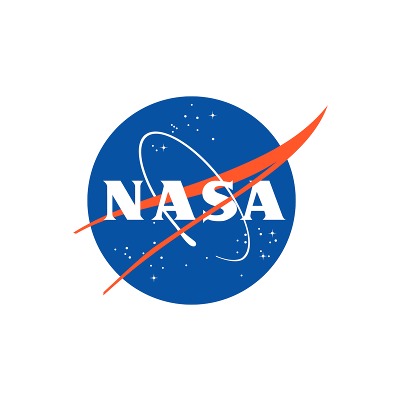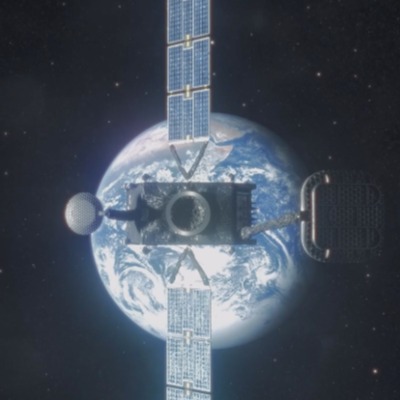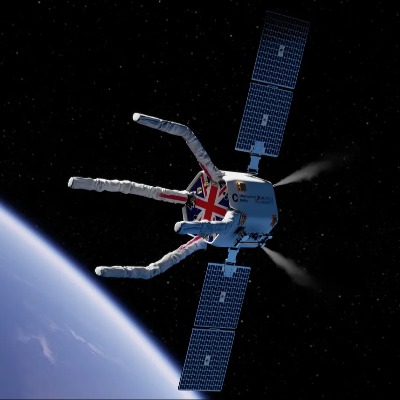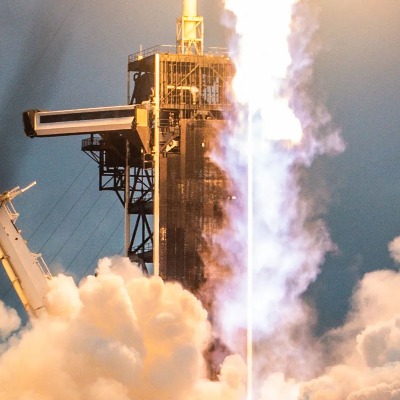Iran Successfully Launches Three Satellites At Once: Technological Leap Or Military Concern?
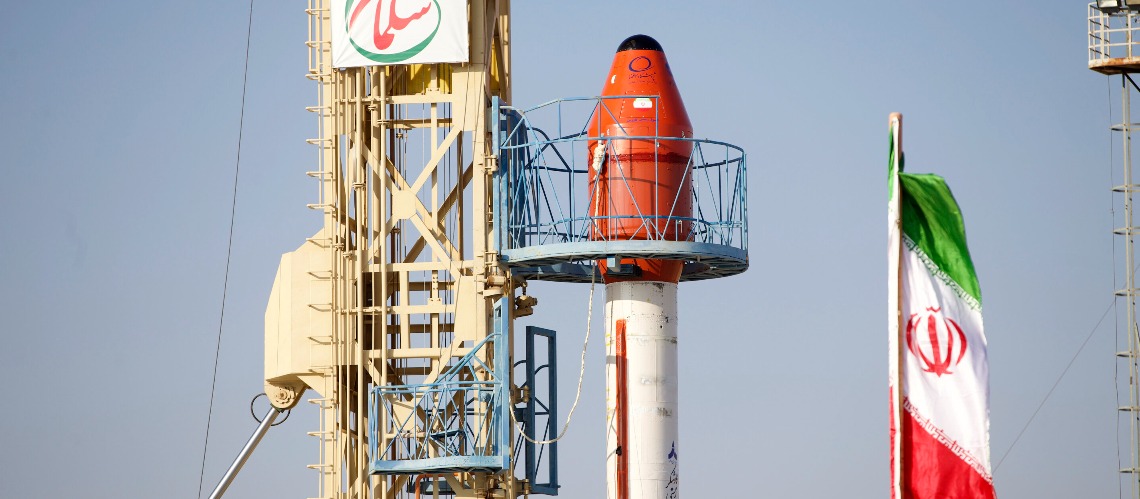
In a move that has sparked both celebration and concern, Iran successfully launched three satellites into space on Sunday, the first time it has done so using its controversial rocket program. The launch, utilizing the domestically-produced Simorgh (Phoenix) rocket, marks a significant milestone for Iran's space ambitions, but raises questions about the potential military applications of its technology.
Three Birds With One Stone:
The mission successfully delivered three satellites into orbit:
- Mahda: A research satellite tasked with testing the accuracy of the Simorgh rocket in delivering multiple payloads.
- Kayhan-2: A nano-satellite focused on global positioning technology.
- Hatef-1: Another nano-satellite dedicated to narrowband communication testing.
Iran Celebrates Technological Achievements:
State media in Iran hailed the launch as a major advancement in the country's space program, showcasing its capabilities in satellite development and launch technology. Iranian officials emphasized the peaceful nature of the mission, highlighting its research and communication purposes.
International Community Raises Concerns:
However, the launch raised concerns among Western nations and Israel. They argue that the technology used in the Simorgh rocket can be adapted for ballistic missiles, potentially increasing Iran's military capabilities.
A History of Controversy:
This isn't the first time Iran's space program has drawn scrutiny. In 2020, the United States imposed sanctions on Iran's space agency, alleging links to its ballistic missile program. Iran has consistently denied these claims, stressing the peaceful intentions of its space endeavors.
The Future of Space Exploration in Iran:
The successful launch of three satellites demonstrates Iran's growing capability in space technology. However, the concerns surrounding the potential military applications of its rockets cast a shadow over this milestone. The future of Iran's space program will likely depend on its ability to address these concerns and convince the international community of its peaceful intentions.
What Does This Mean for the Region?
The launch adds another layer of complexity to the already tense geopolitical landscape in the Middle East. The potential military implications of Iran's space program are likely to raise concerns among its neighbors and allies of the United States. Additionally, the success of this mission could embolden Iran to pursue further advancements in its space program, potentially leading to an arms race in the region.
Only time will tell whether Iran's space program will serve as a bridge for cooperation or a source of further conflict. The international community will be watching closely to see how this story unfolds.
The launch of three satellites at once highlights the complex relationship between technological advancement and potential military applications. While Iran celebrates its achievements, the international community remains cautious, urging transparency and assurances that its space program serves peaceful purposes.

